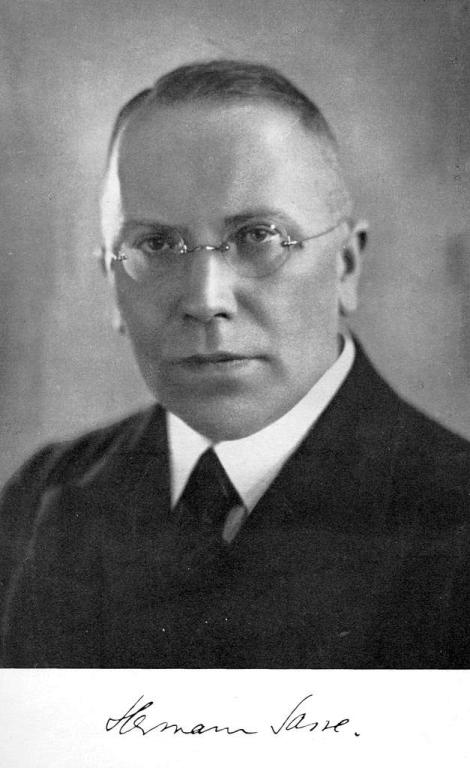
Conservative Christians have long criticized the social gospel of liberal theology, with its this-worldly focus, its presumptuous attempt to build Heaven on earth, and its replacement of evangelism with left wing social and political activism. But today some conservative Christians are turning to a social gospel of their own, the same idea but with right wing social and political activism.
Christians should indeed address problems of this world and, by virtue of their vocation as citizens, they can do this by political means. But they must be careful not to confuse their political convictions, whatever they might be, with the gospel of Jesus Christ who died for the sins of the world so that we might have everlasting life in God’s eternal kingdom.
Carl Trueman has written a thoughtful reflection on Christianity and politics in his essay for First Things entitled The Gateway Drug to Post-Christian Paganism. He tells of re-reading Robert P. Ericksen’s Theologians Under Hitler, which describes how once orthodox theologians, little by little, step by step, succumbed to the Nazi temptation.
Trueman contrasts those theologians with Dietrich Bonhoeffer, and, even more so, the confessional Lutheran theologian Hermann Sasse. Trueman praises the earlier Bethel Confession, written by those two Lutherans, as far superior to the more well-known Barmen Declaration, written primarily by Karl Barth. The Bethel Confession, says Trueman, “makes clear that the reason Bonhoeffer and Sasse were able to understand their times was that they placed the transcendent God, his Word and sacraments, and his church above all earthly powers.”
(Trueman links to Faith in the Face of Tyranny: An Examination of the Proposed Bethel Confession by the Swedish scholar Torbjörn Johannson, which includes an English translation of the Bethel Confession. The book was translated by the long-time reader and commenter at this blog Bror Erickson.)
He says of Bonhoeffer and Sasse, “it was their grasp of the transcendent God and his gospel that immunized them to the blandishments of Hitler. They did not collapse the transcendence of God into the immanence of political exigency. And it was that very concern for the transcendent that made them wise actors in the world of the immanent.” Let that last sentence soak in. Their transcendence did not mean that they neglected the problems of this world, such as Nazi totalitarianism. Rather, their transcendent focus made them more effective in addressing immanent, this-worldly concerns, than the theologians who conformed with the culture and went along with the Nazi social gospel.
Trueman then applies all of this to today:
One of the striking lacunae on both the right and left wings of the Christian political spectrum is the general absence of any reference to the transcendence of God and the supernatural nature of the church. Immanent concerns rule the day. The pundits on both sides seem more concerned with making sure that no criticism goes unmocked and no critic’s character goes unsmeared than with relativizing the affairs of this world in the light of eternity.
But the self-aggrandizing rhetoric of social media is only one part of the problem. The deeper issue is that exemplified by the contrast between Bonhoeffer/Sasse and Kittel/Althaus/Hirsch: the inability to resist collapsing the transcendence of God into the immanence of the political moment. When Christians, right and left, do that, they are no longer espousing Christianity—for Christianity that is of interest only because it is politically useful or because it is thought to work in this earthly sphere is merely a gateway drug to post-Christian paganism.
And this leads to an odd, though very Pauline, conclusion: The secret to political integrity and discernment for Christians is a high view of God, his Word and his gospel. Only when this world is set in context of the next can we hope to avoid allowing the perceived demands of our political moment to overwhelm our fidelity to God and, by way of consequence, to those made in his image.
Photo: Hermann Sasse (1937) via Picryl, public domain












